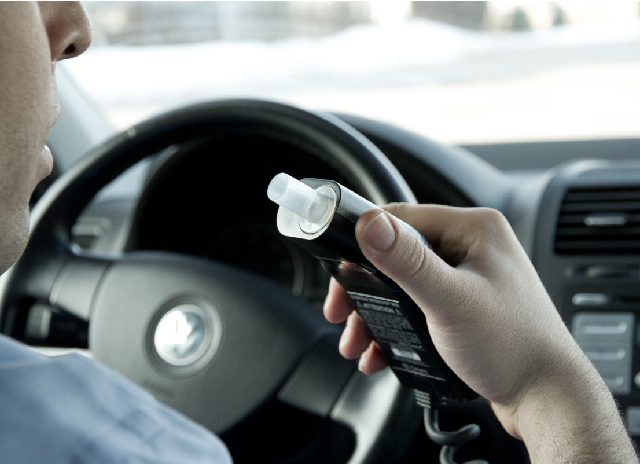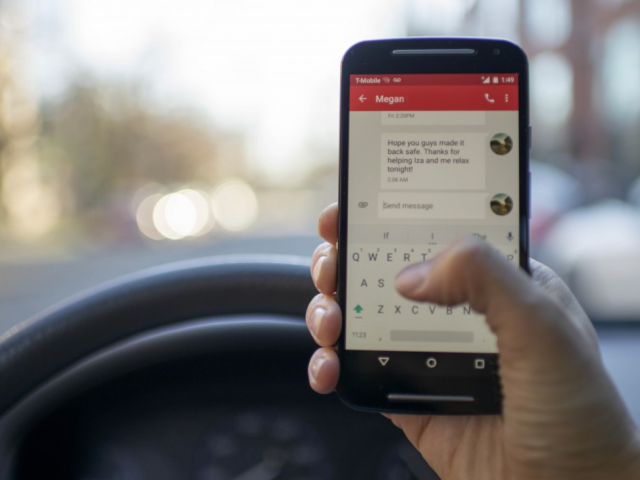New study shows in-car voice assistants could help prevent drowsy driving crashes
Drowsy driving is a major road safety problem, linked to around one in five crashes. A new study published in Applied Ergonomics suggests that in-car voice assistants could play a role in reducing the risks.
Researchers from the UK and China tested five different ways of using voice assistants during simulated late-night drives: doing nothing, listening passively, listening meaningfully, repeating phrases, and answering questions.
The results showed that active interaction – especially repeating and answering – was the most effective at keeping drivers alert. Drivers reported feeling significantly less sleepy, showed higher physiological arousal, more stable lane keeping, and better attention to the road when engaged in conversation with the voice assistant.
Interestingly, while both younger (18–35) and middle-aged (36–64) drivers benefitted, the study found differences in how they reacted at a physiological level, suggesting that systems may need to be tailored to different age groups.
The researchers conclude that countermeasures involving more cognitive stages – such as listening, thinking and responding – provide stronger protection against drowsiness than passive activities.








